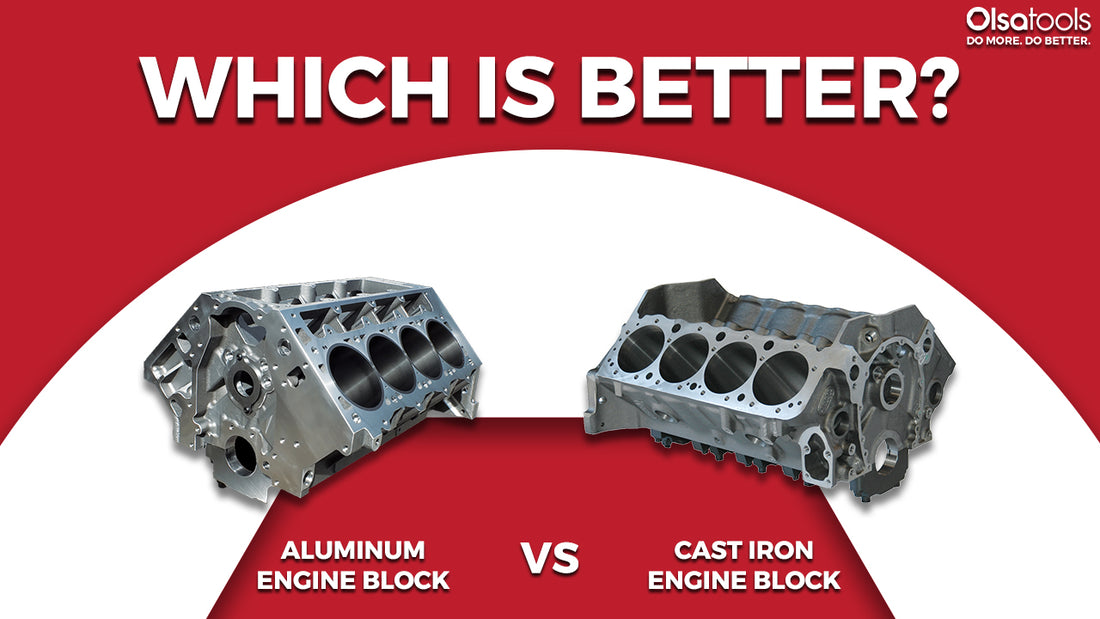The Definitive Guide to Alcast Company
The Definitive Guide to Alcast Company
Blog Article
Alcast Company for Beginners
Table of ContentsThe Best Strategy To Use For Alcast CompanyA Biased View of Alcast CompanyRumored Buzz on Alcast CompanyNot known Facts About Alcast CompanyThe Ultimate Guide To Alcast CompanyOur Alcast Company PDFs
Chemical Comparison of Cast Light weight aluminum Alloys Silicon promotes castability by minimizing the alloy's melting temperature and improving fluidity throughout casting. In addition, silicon contributes to the alloy's stamina and put on resistance, making it beneficial in applications where sturdiness is important, such as vehicle components and engine parts.It likewise improves the machinability of the alloy, making it less complicated to refine into ended up items. In this method, iron contributes to the overall workability of aluminum alloys.
Manganese adds to the toughness of light weight aluminum alloys and boosts workability (Aluminum Castings). It is commonly utilized in functioned light weight aluminum products like sheets, extrusions, and accounts. The presence of manganese help in the alloy's formability and resistance to splitting throughout fabrication processes. Magnesium is a lightweight element that provides strength and impact resistance to light weight aluminum alloys.
The Definitive Guide for Alcast Company
Zinc boosts the castability of aluminum alloys and aids regulate the solidification procedure during spreading. It improves the alloy's stamina and hardness.

The primary thermal conductivity, tensile toughness, return toughness, and prolongation vary. Among the above alloys, A356 has the greatest thermal conductivity, and A380 and ADC12 have the least expensive.
How Alcast Company can Save You Time, Stress, and Money.

In precision casting, 6063 is well-suited for applications where intricate geometries and top notch surface area finishes are vital. Examples include telecommunication enclosures, where the alloy's remarkable formability permits sleek and visually pleasing designs while preserving structural integrity. Similarly, in the Lights Solutions market, precision-cast 6063 components create stylish and efficient lights fixtures that require elaborate shapes and great thermal performance.
It causes a finer surface coating and much better deterioration resistance in A360. The A360 exhibits exceptional elongation, making it suitable for complicated and thin-walled components. In precision spreading applications, useful link A360 is well-suited for industries such as Consumer Electronics, Telecommunication, and Power Tools. Its enhanced fluidness enables complex, high-precision components like smartphone casings and interaction device real estates.
All About Alcast Company
Its unique residential properties make A360 a valuable option for precision casting in these sectors, boosting item longevity and high quality. Light weight aluminum alloy 380, or A380, is a commonly made use of casting alloy with numerous distinctive features. It offers superb castability, making it an optimal option for precision spreading. A380 shows great fluidness when molten, guaranteeing detailed and comprehensive molds are precisely reproduced.
In precision casting, light weight aluminum 413 radiates in the Consumer Electronic Devices and Power Tools markets. This alloy's remarkable deterioration resistance makes it an outstanding selection for outdoor applications, making sure resilient, sturdy items in the mentioned sectors.
The Only Guide to Alcast Company
The light weight aluminum alloy you pick will substantially impact both the spreading process and the homes of the final item. Because of this, you need to make your decision thoroughly and take an educated approach.
Identifying the most ideal light weight aluminum alloy for your application will certainly mean weighing a broad selection of features. The very first category addresses alloy qualities that impact the manufacturing process.
Indicators on Alcast Company You Need To Know
The alloy you choose for die casting straight affects several facets of the spreading procedure, like how easy the alloy is to deal with and if it is prone to casting issues. Hot splitting, additionally understood as solidification fracturing, is a normal die spreading defect for light weight aluminum alloys that can result in inner or surface-level splits or cracks.
Specific aluminum alloys are much more vulnerable to hot cracking than others, and your choice should consider this. One more typical problem found in the die casting of light weight aluminum is die soldering, which is when the cast sticks to the die wall surfaces and makes ejection difficult. It can damage both the cast and the die, so you need to try to find alloys with high anti-soldering homes.
Corrosion resistance, which is currently a noteworthy attribute of light weight aluminum, can differ considerably from alloy to alloy and is a crucial particular to think about depending upon the environmental conditions your item will certainly be revealed to (Aluminum Casting). Use resistance is another building frequently looked for in light weight aluminum products and can distinguish some alloys
Report this page